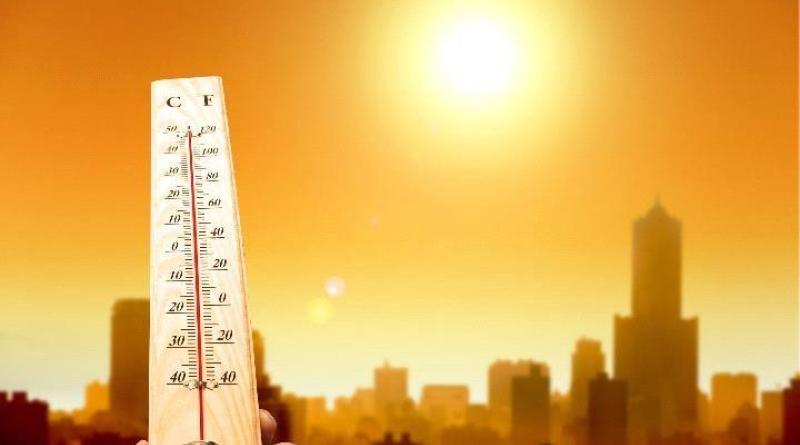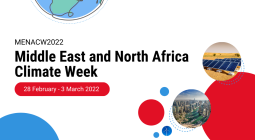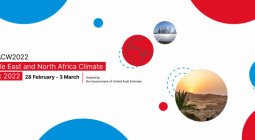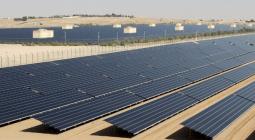PRESS RELEASE: New Dates for MENA Climate Week 2022 Announced | UNFCCC

UN Climate Change News, 14 February 2022 – New dates for the first-ever Middle East and North Africa Climate Week, MENACW 2022, have been announced. Originally planned to begin in February, the recent surge in Omicron variant cases required the in-person meeting to be delayed. MENACW 2022 is now scheduled to be held from 28 to 31 March in Dubai, United Arab Emirates.
According to the government of the United Arab Emirates, the COVID-19 figures in the country have declined and UAE is gradually lifting COVID-19 restrictions to reach full capacity at venues. The last week of March is also a key week, being the last week of EXPO Dubai and will see the hosting of numerous other high-profile events in the city.
Participants are encouraged to register as early as possible by visiting the MENACW 2022 Registration website.
MENACW 2022 is an opportunity for governments, the private sector, cities, indigenous communities, youth and civil society to engage in solution-oriented dialogue, find common ground and collaborate on climate action.
MENACW 2022 is also a key opportunity to advance implementation of the Paris Agreement and the Glasgow Climate Pact adopted at November’s COP26 and to carry regional momentum forward to COP27 in Egypt.
About MENACW 2022 and the Regional Climate Weeks in 2022
MENACW 2022 is hosted by the Government of the United Arab Emirates – Ministry of Climate Change and Environment (MOCCAE), the World Green Economy Organization (WGEO) and the Dubai Electricity and Water Authority (DEWA). The event is organized in collaboration with core partners UN Climate Change, UN Development Programme, UN Environment Programme and the World Bank Group. Partners based in MENA include the International Renewable Energy Agency (IRENA), Islamic Development Bank (IsDB), the League of Arab States (LAS) Secretariat, and the UN Economic and Social Commission for Western Asia (UNESCWA).
MENACW 2022 is part of the Regional Climate Weeks 2022 series, with meetings scheduled in Latin America and the Caribbean (LACCW 2022), Asia-Pacific (APCW 2022) and Africa (ACW 2022). More details on the full series of Regional Climate Weeks are coming soon.
For more information, visit MENACW 2022 or www.regionalclimateweeks.org
Join the conversation on social media using the hashtag #MENAClimateWeek
About the UNFCCC
With 197 Parties, the United Nations Framework Convention on Climate Change (UNFCCC) has near universal membership and is the parent treaty of the 2015 Paris Climate Change Agreement. The main aim of the Paris Agreement is to keep a global average temperature rise this century well below 2 degrees Celsius and to drive efforts to limit the temperature increase even further to 1.5 degrees Celsius above pre-industrial levels. The UNFCCC is also the parent treaty of the 1997 Kyoto Protocol. The ultimate objective of all agreements under the UNFCCC is to stabilize greenhouse gas concentrations in the atmosphere at a level that will prevent dangerous human interference with the climate system, in a time frame which allows ecosystems to adapt naturally and enables sustainable development.




